Using a mediator for divorce can offer several benefits compared to pursuing a traditional adversarial legal process. A mediator is a neutral third party who assists divorcing couples in reaching mutually agreeable solutions to various issues without going through a court trial. Here are some reasons why people choose to use a mediator for divorce:
- Reduced Conflict: Mediation focuses on collaboration and communication, helping to minimize conflict between spouses. This is particularly important if there are children involved, as a less contentious process can reduce the emotional toll on them.
- Control and Autonomy: Mediation allows couples to maintain more control over the outcome of their divorce. Rather than having a judge make decisions for them, they can actively participate in crafting solutions that best suit their unique circumstances.
- Cost-Effectiveness: Mediation is often less expensive than a courtroom battle. Since the process is typically shorter and involves fewer legal fees, it can save both parties money.
- Time Efficiency: Mediation can be a quicker process compared to the potentially lengthy court proceedings. This can be especially appealing when a swift resolution is desired.
- Confidentiality: Mediation is a private process, unlike court proceedings which are often public record. This can be beneficial for protecting sensitive information and maintaining privacy.
- Flexibility: Mediation allows for creative solutions that may not be available through a court judgment. This flexibility can lead to agreements that better address the specific needs and concerns of both parties.
- Preservation of Relationships: In cases where ongoing communication is necessary, such as when co-parenting, mediation can help preserve a working relationship between the ex-spouses.
- Less Emotional Stress: The collaborative nature of mediation can help reduce emotional stress compared to the adversarial nature of court proceedings.
- Child-Centric Approach: Mediation encourages parents to focus on the best interests of their children and work together to create a parenting plan that supports their children’s well-being.
- Higher Compliance: Because both parties are actively involved in crafting the agreements, they are often more likely to comply with the terms, leading to fewer post-divorce conflicts.
It’s important to note that mediation might not be suitable for all situations, particularly in cases of abuse, extreme power imbalances, or when one party is not willing to negotiate. Consulting with legal professionals can help individuals determine whether mediation is a viable option for their specific circumstances.




